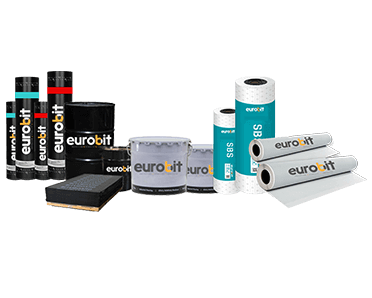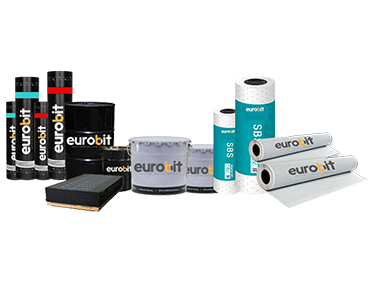Welcome to our comprehensive guide on basement waterproofing methods in Pakistan! If you are a homeowner or property owner, you understand the importance of maintaining a safe, dry basement space. However, basements are highly susceptible to moisture-related issues, leading to severe damage if left unattended.
This article will delve into the various causes of basement moisture problems and explore effective basement waterproofing methods by the company specializing in basement waterproofing Company in Lahore to keep your space dry and protected.
Common Issues in Basements
Basements are prone to moisture development and dampness, mainly due to the following factors:
- Improper Slope
Improper grading around the foundation can lead to water pooling near the basement walls, increasing the risk of water seepage. - Poor Soil and Drainage Systems
Inadequate drainage systems and poorly compacted soil can cause hydrostatic pressure to build up beneath basement walls and floors, forcing water through cracks and causing moisture-related problems. - Hydrostatic Pressure and Condensation
Hydrostatic pressure from the surrounding soil can exert force on basement walls, leading to water infiltration. Additionally, temperature differences can cause condensation, contributing to increased moisture levels.
Different Types of Basement Waterproofing Methods
Regarding basement waterproofing in Lahore, several effective methods can safeguard your basement from water-related issues. Let’s explore these methods in detail:
Paint and Sealants
If you are on a budget and cannot afford professional waterproofing services, you can consider using waterproofing paint or sealants. While these are temporary solutions and not recommended by experts for long-term waterproofing, they can quickly fix minor gaps and crevices.
Read more on: How Do I Apply Paint on Water Proofing Membrane?
Interior Waterproofing
Interior basement waterproofing is an effective solution for addressing minor dampness and moisture ingress. This method uses a sump pump, internal drainage pipes and tiles, concrete breaking tools, and a waterproofing membrane. The process begins by identifying the source of seepage and addressing any cracks or crevices. A waterproofing membrane, usually a thick, rubbery material, is applied to the walls and floors to create a seamless barrier, preventing water from entering the basement.
Concrete Crack Injections
Concrete is durable and weather-resistant but can develop cracks over time for various reasons, like drying shrinkage, thermal changes, and excess water. It injections are a reliable and long-term solution to address this issue.
Essential Eurobit Chemicals Used for Basement Waterproofing in Pakistan
Chemicals are vital in basement waterproofing, providing a protective barrier against water intrusion. Here are some commonly used chemicals:
Cementitious Coatings
Cementitious coatings, made from sand and waterproofing agents like acrylic or latex, are applied to basement walls and floors to create a waterproof barrier.
Bituminous Coatings
Bituminous coatings, composed of asphalt or coal-tar pitch, are layered underneath other coatings for added protection.
Epoxy Coatings
Epoxy coatings are highly durable and chemical resistant, ideal for waterproofing concrete floors.
Read more: A Guide on Epoxy Resin for Waterproofing
Conclusion
At Eurobit, we are experts in basement waterproofing and have extensive experience applying various methods. From interior waterproofing to concrete crack injections, we offer comprehensive solutions to protect your basement from water ingress.
Don’t wait for water-related issues to escalate; secure your basement today!




